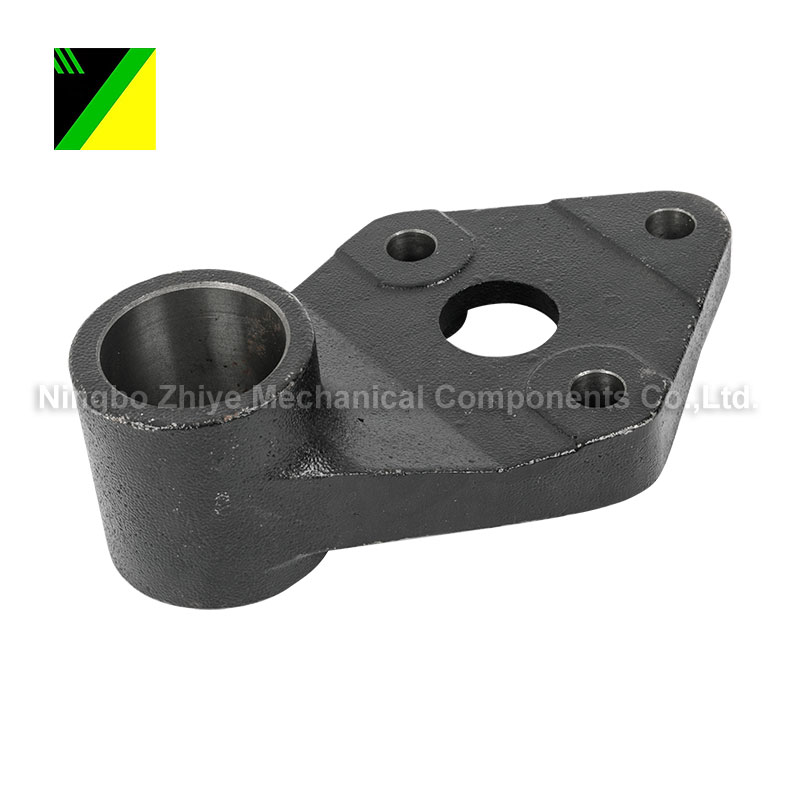Reasons for surface roughness of lost foam castings
2023-10-18
The surface roughness of castings is a major quality standard for testing the quality of lost foam castings. However, there are many factors that affect the surface roughness. The following foundry will take you to understand briefly!
1. Surface quality
The lost foam casting is made of a columnar crystal structure network as the frame, and refractory materials, additives, and water are filled in the middle, and then there are pores of different sizes on the surface after dry roasting. The penetration of molten metal into surface pores is the main cause of surface roughness. The penetration of molten metal into the deep layer: it is related to the crystal diameter, the average diameter of surface pores, the radius of curvature of the alloy liquid surface, etc.
2. Surface quality of molding and investment
The surface roughness of the investment mold is an important factor that affects the surface roughness of high-quality zinc alloy die castings and is also related to the surface quality of the die, the investment pressing method, and the pressing process parameters.
3. Influence of pouring process
Relationship between temperature, molten metal pouring temperature, and surface roughness of castings With the increase of temperature and pouring temperature of molten metal, the filling characteristics of molten metal are improved, the depth of penetration into surface pores increases, and the surface roughness of lost foam castings increases.
4. The influence of alloy
The thermal conductivity is small. After using stainless steel, the metal liquid is poured into the mold and cooled slowly. The sticky sand crystals of lost foam castings are thicker. The grooves between the crystals can roughen the surface of the casting. The depth of this crystal boundary groove can even reach 7 m. Therefore, the alloy should be modified, and fillers such as zircon with good heat transfer performance should be selected to increase the cooling rate of the lost foam casting and make the surface crystals of the casting fine, thereby reducing the casting temperature.



